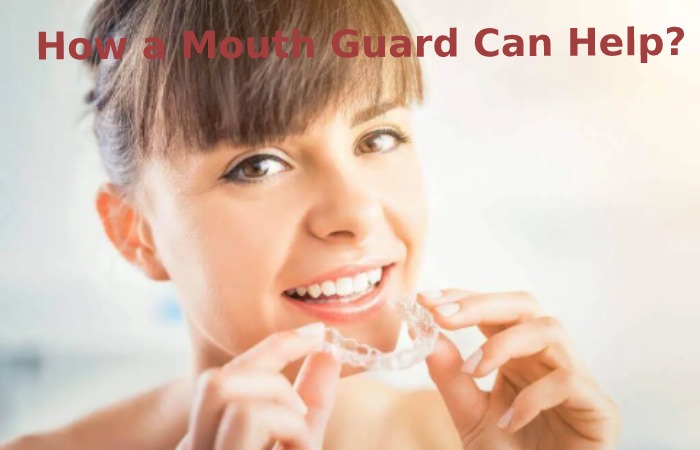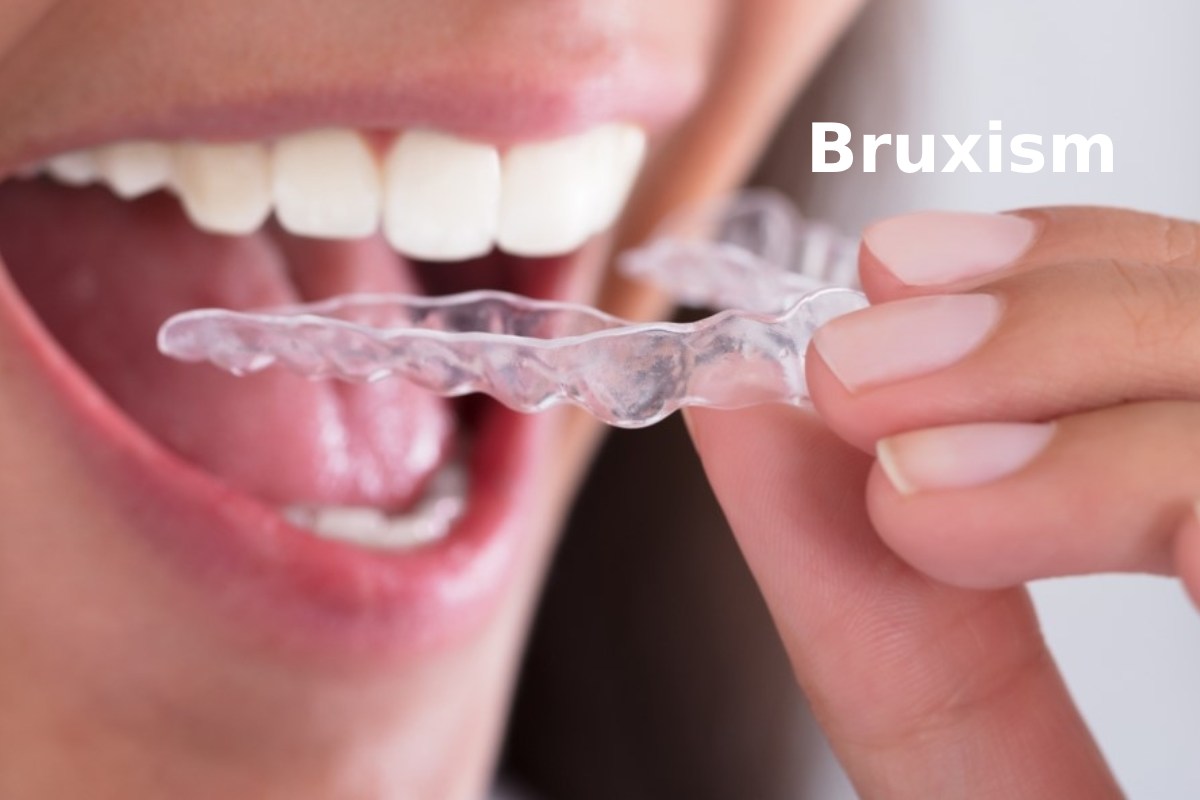Bruxism is the medical term for grinding your teeth. It’s also known as teeth grinding, tooth gnashing, or jaw clenching. Around 25 percent of adults grind their teeth from time to time. For some, it’s a habit that occurs regularly. But for others, bruxism may be a side effect of another condition or something they experience from time to time depending on stressors and triggers in their life.
Reducing stress and avoiding triggers can help manage to grind at night, but there are other things you can do to reduce the effects of bruxism if it’s something you deal with all the time.
Here’s everything you need to know about this condition and how Teeth Night Guard Lab can help if you grind your teeth.
Table of Contents
What are the Symptoms of Bruxism?
People who grind their teeth may not even realize they’re doing it. In fact, if you’re in the habit of grinding your teeth, you might not even realize the damage you’re doing to your teeth and gums. But grinding your teeth can cause some serious issues, especially if you do it while you’re sleeping. There are a few signs that you might be grinding your teeth while you sleep. – Toothache: If you grind your teeth, you could scrape or chip your teeth.
This can result in a toothache and cause a very painful condition called dental infection. – Wear on teeth: Grinding your teeth can result in excessive wear on your teeth. Eventually, this can lead to a loss of teeth. – Sore or swollen gums: If you are grinding your teeth and wearing down the enamel on your teeth, you could irritate the gums. This can result in swollen or painful gums.
How a Mouth Guard Can Help?

A teeth grinding mouth guard is a rubber or plastic appliance that you wear in your mouth to protect your teeth and gums. Some people use a mouth guard to help reduce the symptoms of grinding their teeth at night. A mouth guard can also be helpful if you grind your teeth during the day. They’re not just for athletes and people who are involved in contact sports.
There are two types of mouthguards: sports and sleep. A sports mouthguard is the type you typically see athletes wearing during games and practices. A sleep mouth guard is a smaller, more compact mouth guard designed to protect your teeth while you sleep.
If you grind your teeth, a mouth guard can help protect your teeth and gums from damage and help ease the symptoms of grinding. A mouth guard may not completely eliminate grinding, but it can help protect your teeth and gums from excessive wear and tear caused by grinding.
Try Behavior Change Strategies First
If you grind your teeth during the day, it can be helpful to change your routine to see if you can break the habit. This could include things like finding ways to stay active or finding ways to manage the stress that might be contributing to the issue. If you grind your teeth at night, you’ll want to make sure you’re sleeping in a position that’s conducive to reducing grinding. Avoid sleeping on your back and try sleeping on your side. You can also try using a sleep aid, like a sleeping pill, to help with grinding and sleeping. If you are grinding your teeth, you also want to make sure you’re visiting your dentist regularly. This will help ensure you don’t have any cavities or other issues that could result from grinding your teeth.
Get a Custom-Made Mouth Guard
If you grind your teeth, a custom-made mouth guard could help ease the symptoms of grinding. A dentist can create a mouth guard to help protect your teeth from grinding and help reduce the symptoms of grinding. A dentist can take an impression of your teeth to create a mouth guard that’s tailored to your specific needs.
And also, a dentist can help you select the right type of mouthguard for your needs. Be sure to let your dentist know if you grind your teeth at night. This will help your dentist determine your specific needs and recommend the best type of mouthguard for you. You can wear a mouthguard during the day and while you sleep to help reduce the symptoms of grinding your teeth. It’s important to clean and care for your mouthguard regularly to help extend its lifespan.
Other Ways to Manage Bruxism
If a mouth guard isn’t right for you, there are other ways to manage to grind your teeth and bruxism. This can include ways to reduce stress and avoid triggers that may contribute to grinding. One way to manage to grind is by practicing relaxation techniques. This can help you avoid the triggers that cause you to grind your teeth.
You can also try meditation, yoga, or other relaxation techniques that may help you relax and reduce stress. Another way to manage to grind is by improving your sleep quality. Sleep is essential to managing chronic stress, which can lead to grinding your teeth. This can include avoiding foods and drinks that may disrupt your sleep and following a sleep routine. Finally, you can also try using fluoride toothpaste, mouthwash, and floss to help reduce the symptoms of grinding your teeth.
Conclusion
Bruxism is common and can cause serious damage if you’re not careful. It’s important to try to manage grinding your teeth as best you can. This can include using relaxation techniques to avoid triggers that may lead to grinding your teeth. It can also include using a mouth guard to help protect your teeth and ease the symptoms of grinding.
It’s also important to see your dentist regularly and follow good oral hygiene habits to help protect your teeth from damage caused by grinding. Overall, it’s safe to safe having a teeth-grinding mouth guard is your safest bet when trying to cure Bruxism. Save your teeth and gums with a custom mouthguard

